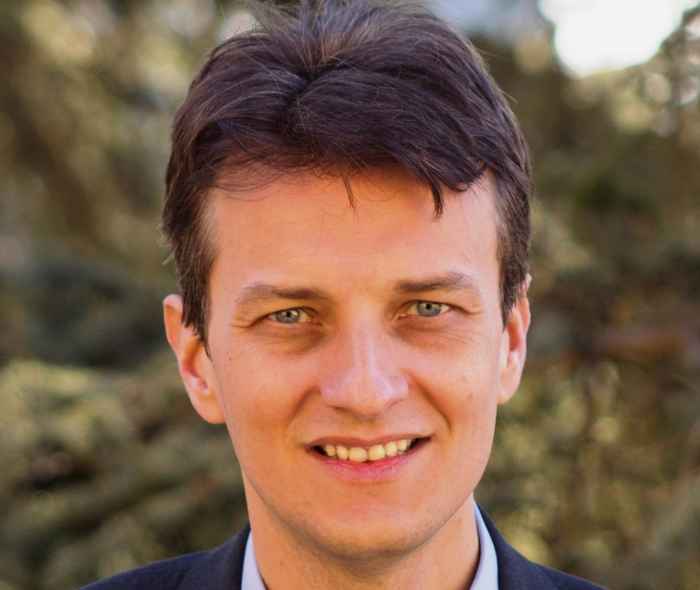ACLE Seminar: Mathias Siems (EUI)
- Date
- 8 November 2022
- Time
- 13:00 -14:15

Abstract
Recent literature discusses how “menu laws” allow corporations to opt into one of multiple competing statutory regimes. This paper contributes to this literature by presenting original empirical research on the choice between corporate board models. Today, many countries not only allow modifications of a particular board structure, but they provide separate legal templates, giving firms a choice between a one-tier and a two-tier board model (and sometimes also a third hybrid model). However, how companies actually use this availability of “elective corporate governance” is largely underexplored. The project underlying this paper aims to fill this gap. We collected original company data from the 14 European countries that permit a choice between two models. Using the technique of propensity score matching, we examine whether board choice has an effect on financial outcomes, such as operating revenue, cash ratio and leverage. The results confirm that board choice matters; yet, while there is a general decline in the use of the two-tier model, we do not find that companies with a two-tier model perform worse. Rather, the most consistent finding is that deviating from the traditional model of a country leads to lower operating revenue; thus, choosing an unfamiliar model may often make companies to act more conservatively, for example, in terms of concentrating on their core activities.
Practicalities
This event will be a hybrid event. The seminar will take place in Roeterseiland campus (REC) building A, room number A3.01 (third floor), and will also be online via Zoom:
The Zoom link will be specified in the registration confirmation email upon registration for the event.
About the Speaker
Mathias Siems is Professor of Private Law and Market Regulation at the European University Institute in Florence, Italy. He previously taught at Durham University, the University of East Anglia, the University of Edinburgh and the Riga Graduate School of Law. He was also a Fulbright Scholar at Harvard Law School and a Jean Monnet Fellow at the EUI. He is graduate of the universities of Munich and Edinburgh.
About ACLE
The Amsterdam Center for Law and Economics (ACLE) is a joint initiative of the Faculty of Economics and Business and the Faculty of Law at the University of Amsterdam. The objective of the ACLE is to promote high-quality interdisciplinary research at the intersection between law and economics.

We gratefully acknowledge the generous funding by the Amsterdam University Fund for this seminar.